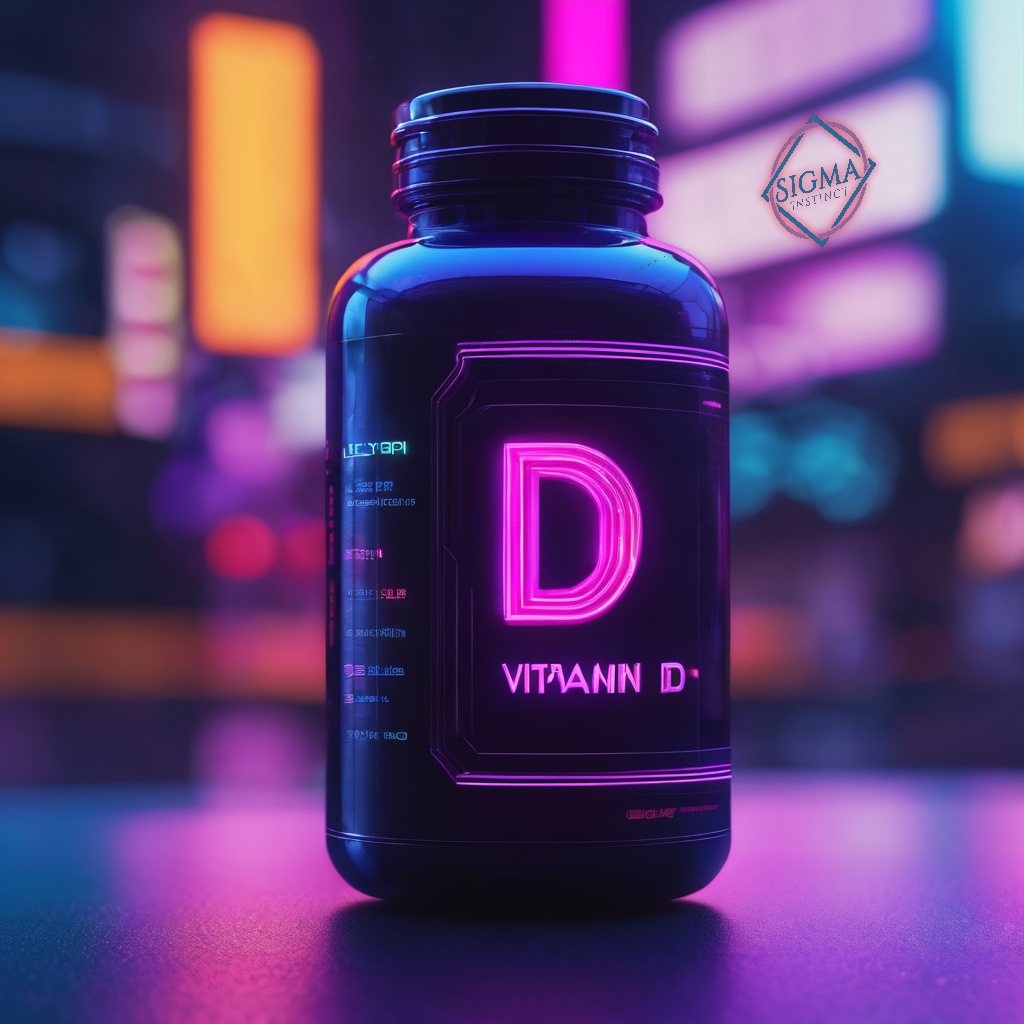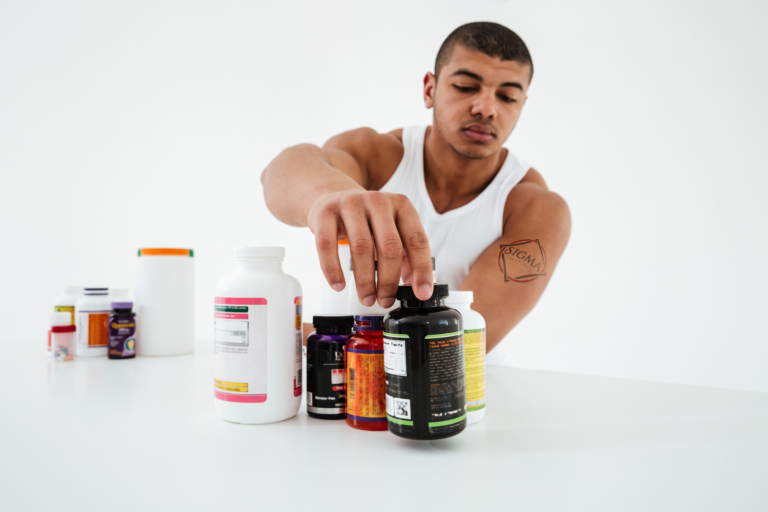-
Daniel William Sinclair
- January 1, 2024
With these 5 tips you'll be able to improve your sleep fast: Create a relaxing sleep environment - Avoid, caffeine, nicotine and alcohol before bed - Do not go to bed with a full stomach - Consider supplements




